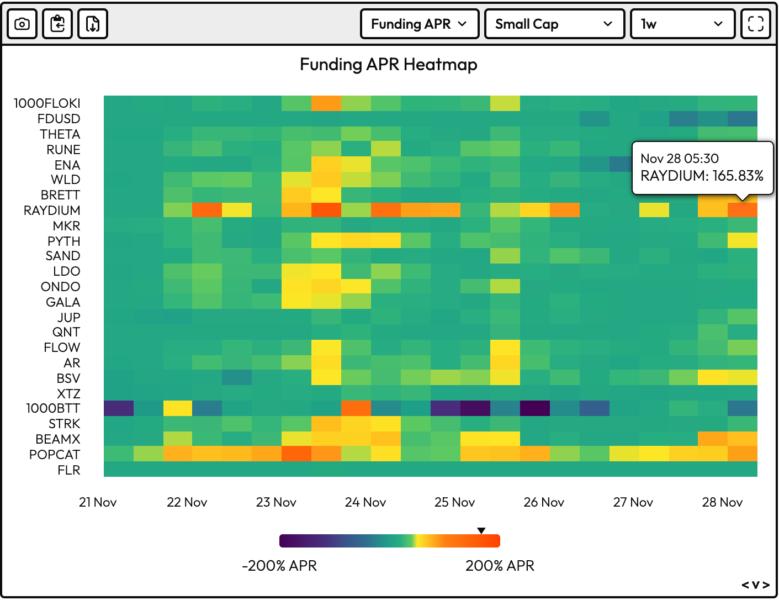
Known as state compression, the technology promises to drastically reduce the cost of on-chain storage.
Layer-1 blockchain Solana has released a new solution aiming to drastically reduce the cost of on-chain storage. Called state compression, the technology promises to bring down the cost of minting 1 million nonfungible tokens (NFTs) on the network to nearly $110.
“After numerous phases of development, adoption, and rollout, compressed NFTs are live on Solana’s mainnet-beta and powering the next wave of novel on-chain product experiences,” said Solana Foundation tech lead Jon Wong in a blog post on April 6. According to Wong, compressed NFTs “are 2,400-24,000x cheaper than uncompressed” peers with identical structures.
1/ Solana's low fees have made it an industry leader. But thanks to a recent innovation from teams across the ecosystem, it's about to cost even less.
— Solana (@solana) April 6, 2023
Introducing state compression, a new way to store data on Solana that lowers cost significantly. https://t.co/0baMJ0vOn1
On Twitter, users classified the state compression solution as a “game changer” and a path “to make Solana a much more viable option for enterprise use cases.”
According to Solana’s tech lead, state compression relies on Merkle trees, ”a data structure known for its capability to ‘compress’ the verifiability of a tree of data into a ‘hash,’ or ‘fingerprint,’ of the current state of the tree.”
“This compression-friendly data structure allows developers to store a small bit of data on-chain and updates directly in the Solana ledger, cutting the data storage cost down dramatically while still using the security and decentralization of Solana’s base layer,” noted Wong.

The development is a “true cross-ecosystem effort,” according to Wong. The solution was built by developers at Solana Labs and Metaplex, with support from Phantom and Solflare and powered by RPC node providers, as well as indexers Helius, Triton and SimpleHash.
Dialect, Crossmint, Helium and Wordcel are among the Solana ecosystem projects that already use state compression. They employ solutions ranging from NFT minting to integrations for business loyalty programs to improvements in user experience.
Magazine: 4 out of 10 NFT sales are fake: Learn to spot the signs of wash trading





